VENLAFAXINE - ORAL
PHONETIC PRONUNCIATION: (ven-luh-FAX-een)
COMMON BRAND NAME(S): Effexor
GENERIC NAME(S): venlafaxine HCl
Uses
USES: Venlafaxine is used to treat depression. It may improve your mood and energy level, and may help restore your interest in daily living. Venlafaxine is known as a serotonin-norepinephrine reuptake inhibitor (SNRI). It works by helping to restore the balance of certain natural substances (serotonin and norepinephrine) in the brain.
How to use VENLAFAXINE - ORAL
HOW TO USE: Read the Medication Guide provided by your pharmacist before you start using venlafaxine and each time you get a refill. If you have any questions, ask your doctor or pharmacist. Take this medication by mouth as directed by your doctor, usually 2 to 3 times daily with food. The dosage is based on your medical condition and response to treatment. To reduce your risk of side effects, your doctor may direct you to start this medication at a low dose and gradually increase your dose. Follow your doctor's instructions carefully. Take this medication regularly to get the most benefit from it. To help you remember, take it at the same times each day. It is important to continue taking this medication as prescribed even if you feel well. Do not stop taking this medication without consulting your doctor. Some conditions may become worse when this drug is suddenly stopped. Also, you may experience symptoms such as confusion, mood swings, headache, tiredness, sleep changes, and brief feelings similar to electric shock. Your dose may need to be gradually decreased to reduce side effects. Report any new or worsening symptoms right away. It may take several weeks to feel the benefit of this medication. Tell your doctor if your condition persists or worsens.
Side Effects
Precautions
Interactions
Overdose
Images
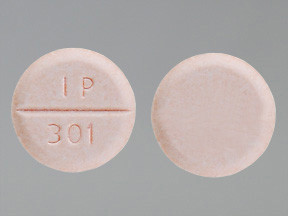
- color
- light orange
- shape
- round
- imprint
- IP 301
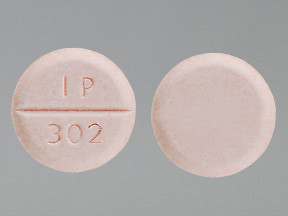
- color
- light orange
- shape
- round
- imprint
- IP 302
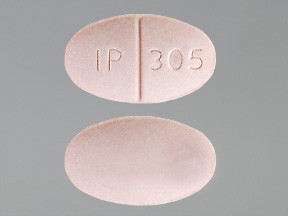
- color
- light orange
- shape
- oblong
- imprint
- IP 305
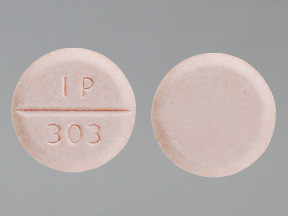
- color
- light orange
- shape
- round
- imprint
- IP 303
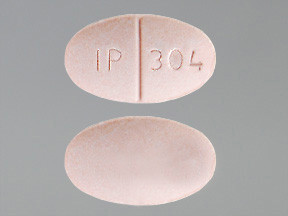
- color
- light orange
- shape
- oblong
- imprint
- IP 304
Reviews
Faq for VENLAFAXINE - ORAL
Venlafaxine oral is used to treat depression, anxiety disorders, and panic disorder.
Venlafaxine oral works by increasing the levels of serotonin and norepinephrine in the brain, which helps improve mood and reduce anxiety.
It can take several weeks for venlafaxine oral to start working fully. It is important to continue taking the medication as prescribed even if you do not immediately feel better.
Common side effects of venlafaxine oral may include nausea, dizziness, headache, insomnia, and dry mouth. It is important to inform your doctor if these side effects become severe or persist.
Venlafaxine oral is not considered addictive. However, abrupt discontinuation of the medication may result in withdrawal symptoms such as nausea, headache, dizziness, and anxiety. It is important to gradually reduce the dosage under the guidance of a healthcare professional.
Venlafaxine oral can interact with certain medications, including MAO inhibitors and other serotonin-norepinephrine reuptake inhibitors (SNRIs). It is important to inform your doctor or pharmacist about all prescription, over-the-counter, and herbal medications you are taking. Avoid consuming alcohol while taking venlafaxine oral.
Weight gain is a possible side effect of venlafaxine oral, although it may affect some individuals more than others. Maintaining a healthy diet and regular exercise can help minimize weight changes while taking this medication.
Warning
WARNING: Antidepressant medications are used to treat a variety of conditions, including depression and other mental/mood disorders. These medications can help prevent suicidal thoughts/attempts and provide other important benefits. However, a small number of people (especially people younger than 25) who take antidepressants for any condition may experience worsening depression, other mental/mood symptoms, or suicidal thoughts/attempts. Therefore, it is very important to talk with the doctor about the risks and benefits of antidepressant medication (especially for people younger than 25), even if treatment is not for a mental/mood condition. Tell the doctor right away if you notice worsening depression/other psychiatric conditions, unusual behavior changes (including possible suicidal thoughts/attempts), or other mental/mood changes (including new/worsening anxiety, panic attacks, trouble sleeping, irritability, hostile/angry feelings, impulsive actions, severe restlessness, very rapid speech). Be especially watchful for these symptoms when a new antidepressant is started or when the dose is changed.
Disclaimer
IMPORTANT: HOW TO USE THIS INFORMATION: This is a summary and does NOT have all possible information about this product. This information does not assure that this product is safe, effective, or appropriate for you. This information is not individual medical advice and does not substitute for the advice of your health care professional. Always ask your health care professional for complete information about this product and your specific health needs.
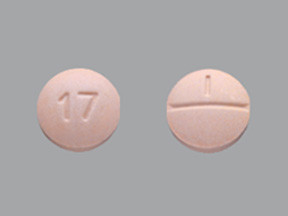
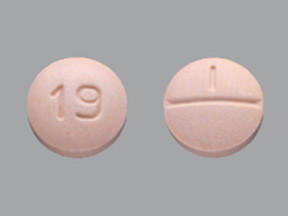
No Reviews Yet